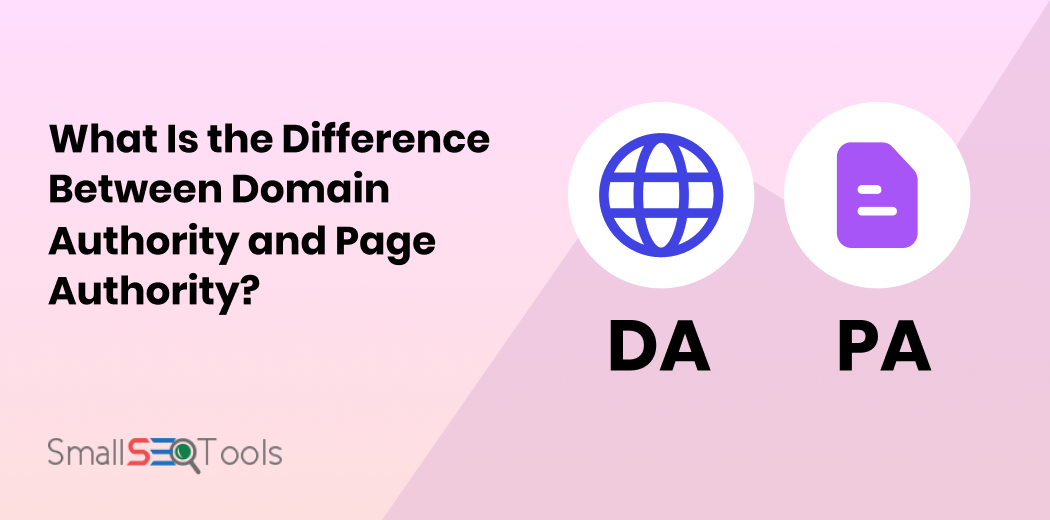Simplify Keyword Research & Implementation for Better SEO Results

SEO is one of the most effective ways to get targeted traffic, but the rules are always changing! If you’re having a hard time “staying ahead of the game” then it might help to take a step back and re-evaluate your SEO campaign from the ground up… beginning with keyword research.
Because strong keywords are at the root of every successful SEO campaign.
To be blunt: keywords lose their strength when stretched too thin. One of the biggest mistakes you can make is going for quantityinstead of quality. Feel free to roll your eyes if you’ve heard that line a million times before, but the thing is… people still make that very same mistake.
Maybe you think that throwing more out there will increase your chances of catching something?On the contrary, search engines will actually penalize sites for over optimization.
FYI- one of the most obvious red flags of digging too deep is the use of keywords that aren’t natural, relevant, or spelled correctly.
The strongest keywords are the most natural.
It can be broken down to 3 groups:
- Think of the words you’d use most often when talking about your business in a live conversation. Those are your primary keywords.
- Then, through keyword research you’ll find the strongest long tail keywords… and they should be about qualifying traffic instead of overall search volume.
- Finally, there are your LSI keywords which are basically synonyms and related words that are often used when talking about your primary keywords.
Obviously you want to research for value and relevance but keep it simple, man.
Implementing your keywords… naturally.
If you are consistently publishing articles that are a minimum of 500 words with a keyword density between 1-2%… stop that this very instance!
It was apparent years ago that keyword placement is what matters… not keyword density. More importantly, both factors should be natural. Natural keyword placement/density can’t be faked. You can’t force it. You’ve already failed that test simply by trying too hard.
Also, there is no credible source ever—including Google—that claims an overall word count range will increase or decrease the SEO value of a web page or blog article.
You know what does matter? Topic. Readability. Relevance. Reader engagement.
The bottom line is simple. SEO is worthless if visitors are losing interest.
So do your research and choose the strongest keywords, but don’t go out of your way to use them in the right places. When it comes to web content, focus on engaging visitors and conversions. (That is the end goal anyways, right?)
Let no crappy “SEO article” pass through the editing phase and keep the strongest keywords as natural as possible throughout all content—onsite, offsite, and on social media.











